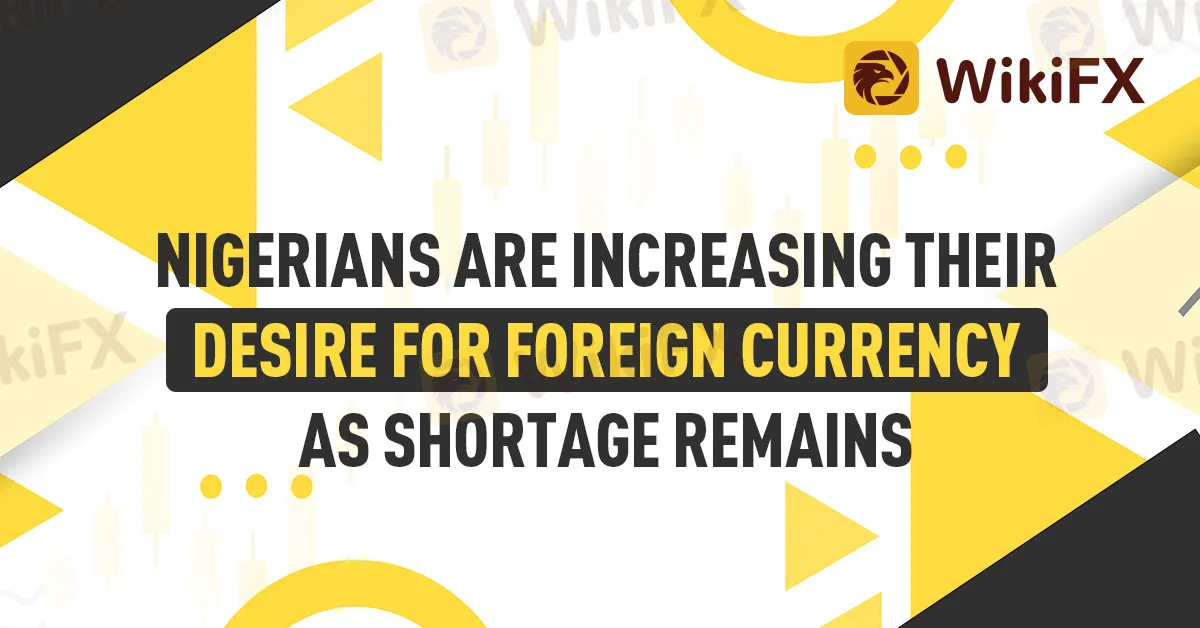Abstract:Despite the loss and shortage of the currency, Nigerians still have the urge to trade in foreign exchange trade. The foreign currency has been a day one trade for Nigerians despite the fact that, the rate of naira to dollar is so alarming, that still doesn’t stop them from trading the foreign exchange. Their desire to trade forex keep on increasing despite the shortage of currency

Despite the loss and shortage of the currency, Nigerians still have the urge to trade in foreign exchange trade. The foreign currency has been a day one trade for Nigerians despite the fact that, the rate of naira to dollar is so alarming, that still doesnt stop them from trading the foreign exchange. Their desire to trade forex keep on increasing despite the shortage of currency
Traders modified prices to reflect the rate at which the Central Bank of Nigeria sold the currency over the week, causing the Naira to plunge to low levels. Yesterday, the Naira declined 0.1 percent to N428.16/US$ at the investors and exporters window (I&E window). Nigeria is undergoing one of its greatest currency crises in history as a result of rising demand for foreign currency and a lack of supply.
According to bank treasurers, the CBN has ceased selling foreign currency to Foreign Portfolio Investors (FPIs) for the second week in a row. Many feel that this is to clear the backlog of unfulfilled contractual obligations to deliver FX .
According to CBN statistics, foreign reserves are down 2.9 percent from the level on December 31, 2021.
Despite the high oil price caused by the Russia-Ukraine war, Nigeria has not benefited from it due to constrained output and the continuation of a subsidy system that is anticipated to cost the government at least N4 trillion this year. Because of the total lack of local refining capability, Nigeria continues to spend a large portion of its foreign exchange profits on the importation of Petroleum Motor Spirit (PMS) and other refined goods. Despite a few programs launched by the CBN, such as the RT200 FX program, the government has also struggled to promote non-oil exports.
Crude oil, despite declining production capacity, continues to dominate export profits, accounting for N5.62 trillion, or 79.16 percent of total exports in Q1 2022. Because inflows remain weak, CBN is unlikely to increase intervention levels at the I&E window in the short future.
Meanwhile, the present parallel market premium of almost 44 percent fuels arbitrage opportunities, while FX restrictions at the IEW has exacerbated demand pressure on the parallel market. Our forecast is that the premium will continue to expand, given the CBN has yet to begin FX sales to BDCs, and importers of numerous commodities are still restricted from obtaining FX through the official channel. In addition, there has been an increase in FX demand from a rising number of Nigerians traveling to the UK to take advantage of the new immigration regulations.
The current lack of Dollar supply in the face of rising demand has exacerbated the pressure on the Naira. Though the currency rate in the I&E window has stayed steady due to the CBN's ongoing intervention in the FX market, the parallel market has seen significant devaluation.
Due to the country's currency scarcity, it has become increasingly difficult for Nigerian students studying abroad to obtain the funds they want for their fees and maintenance, since many commercial banks now take substantially longer to process FX requests via Form A.










